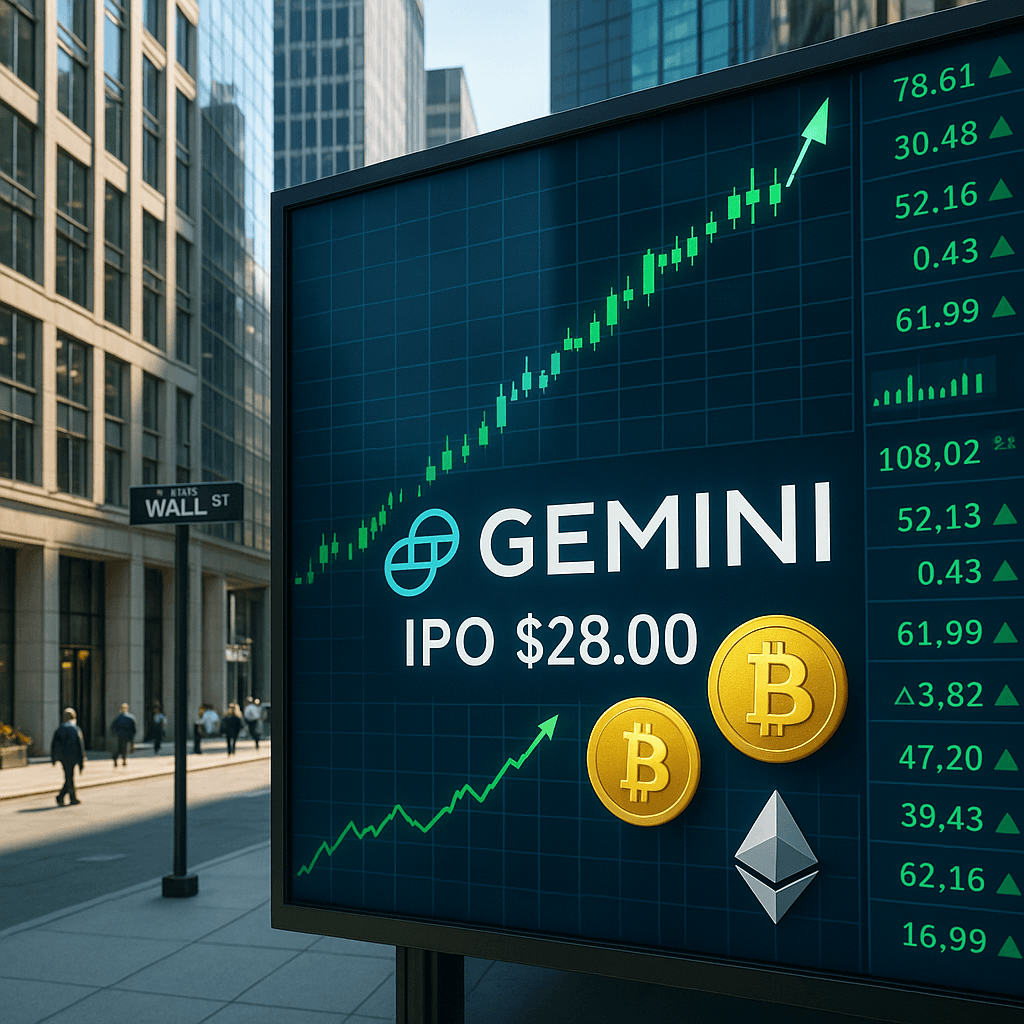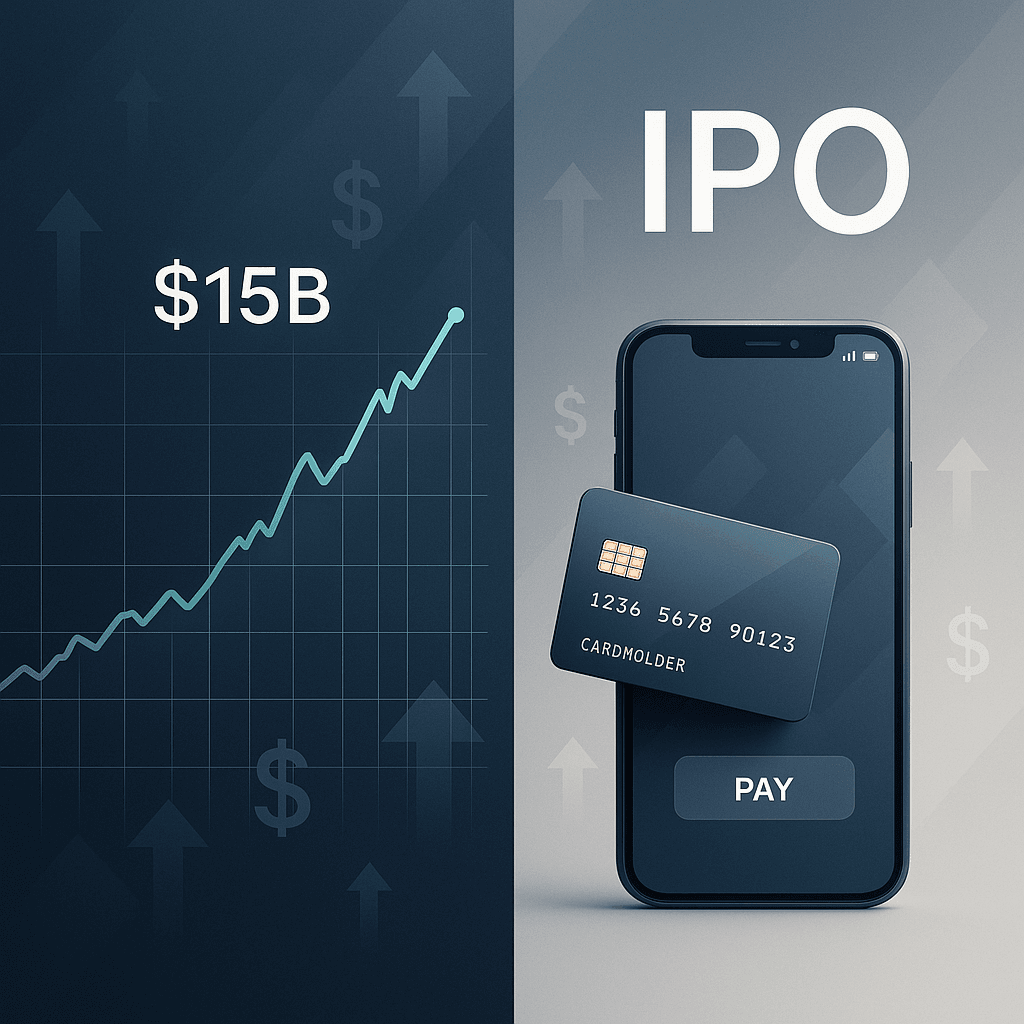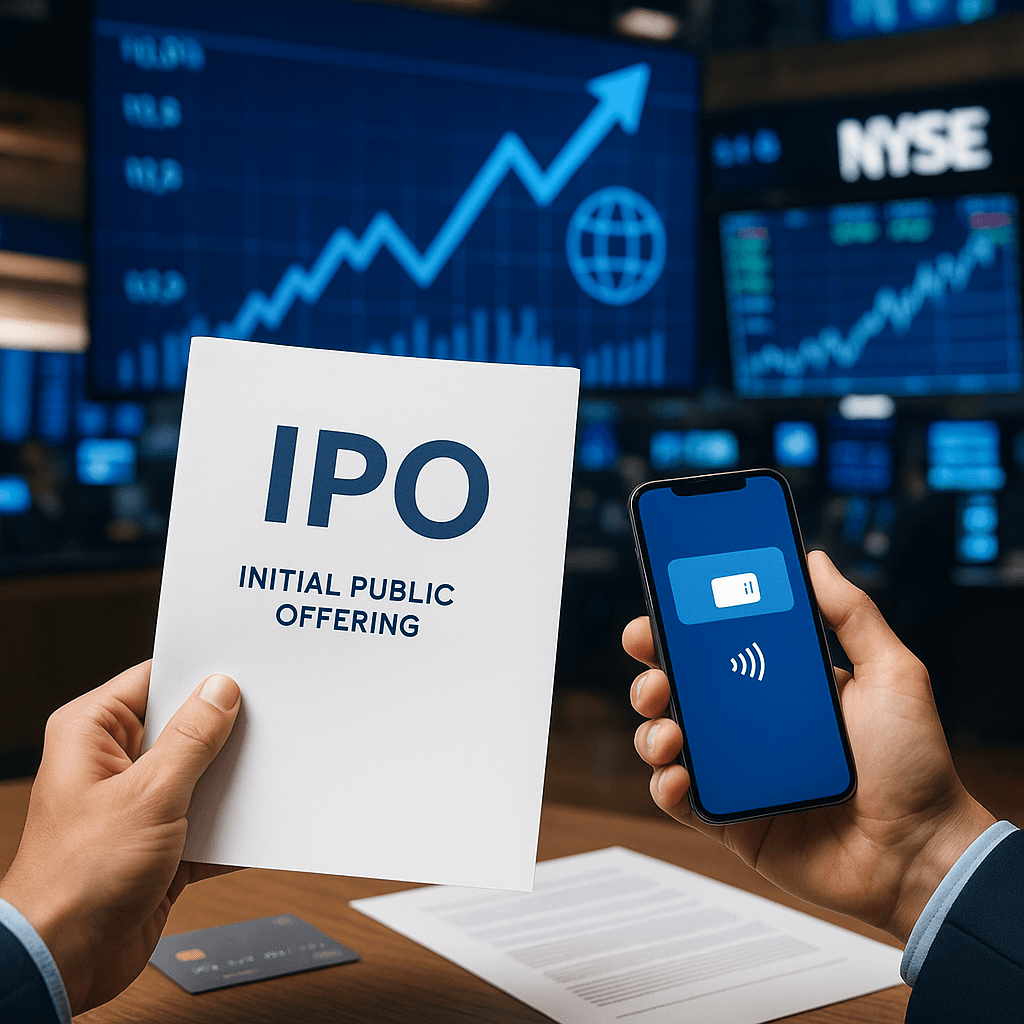The Winklevoss twins just pulled off one of the year's most anticipated crypto IPOs. Gemini priced its public offering at $28 per share late Thursday, valuing the cryptocurrency exchange at $3.3 billion and raising $425 million in a deal that came in well above expectations. The pricing signals renewed investor appetite for crypto stocks after a challenging market stretch.
The crypto IPO drought is officially over. Gemini just pricing its public debut at $28 per share - a full $2 above the high end of expectations - shows Wall Street's renewed hunger for digital asset plays. The Winklevoss brothers' exchange raised $425 million while achieving a $3.3 billion valuation that puts it squarely in unicorn territory.
That pricing power tells a story about demand. Gemini initially planned to sell 16.67 million shares but ended up moving just 15.2 million because of the higher price point. The company had already bumped its range from an initial $17-$19 to $24-$26 earlier this week, according to Bloomberg's reporting.
The timing couldn't be more interesting. While bitcoin and ether have been consolidating after their latest runs, institutional money is clearly still flowing into crypto infrastructure plays. Nasdaq's surprise $50 million strategic investment announcement earlier this week provided the kind of validation that IPO investors love to see. The exchange operator wants access to Gemini's custodial services and plans to use the crypto company as a distribution partner for its Calypso trade management system.
But here's where it gets tricky. Unlike recent crypto IPO successes Circle Internet and Bullish, which went public with strong profitability stories, Gemini is hemorrhaging cash. The company posted a $159 million net loss in 2024, then doubled down with $283 million in losses during just the first six months of this year, according to SEC filings.
Founded by Cameron and Tyler Winklevoss in 2014, Gemini has grown into a major player in the crypto exchange space with over $21 billion in assets under management as of July. The platform has been diversifying beyond pure trading, launching crypto-backed credit cards and recently partnering with Ripple on a new card product that generated over 30,000 sign-ups in August alone - more than doubling the previous month's numbers.







